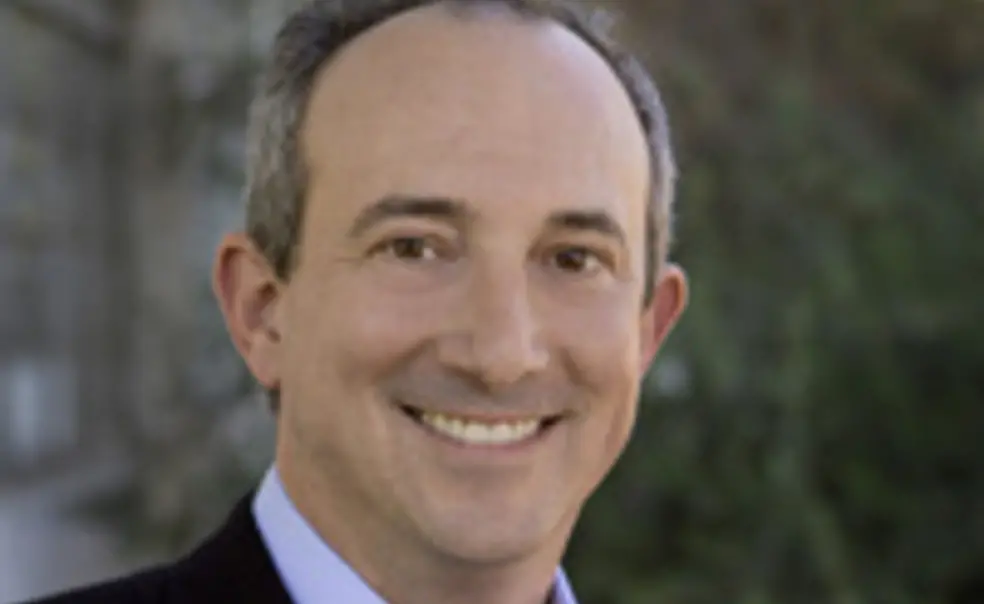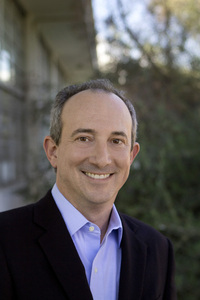Agus '87 proposes a new perspective on health
(Todd Hido)
New book: The End of Illness, by David B. Agus ’87 (Free Press)
The author: An oncologist and researcher, David Agus is a professor of medicine and engineering at the Keck School of Medicine of the University of Southern California and the USC Viterbi School of Engineering. He also heads the USC Norris Westside Cancer Center and the Center for Applied Molecular Medicine. He founded Oncology.com and co-founded Applied Proteomics and Navigenics, health-care technology and wellness companies.
The book: In what the author calls “part manifesto” and “part life plan,” he aims to give readers a new approach to their health that emphasizes prevention so that they can live “long, fulfilling, disease-free” lives. He looks at the body as a “complex system,” and writes that one of the most important messages of his book is that “there is no ‘right’ answer in health decisions; rather there are several right answers. You have to make the right decisions for you.” He proposes a new model of health, shows people how to apply that model to their own lives, explores new medical technologies, and offers practical suggestions.
Opening lines: “Over the last two decades, I have developed a unique way of looking at the relationship of the human body to health and disease. It has enabled me to challenge people’s most guarded, rational convictions on health. Perhaps this is the result of what I’ve been doing for these past twenty years or so — fighting on the front lines as a cancer doctor and researcher. I feel as if I’ve been dangling out on the edge of a cliff with fellow physicians searching for better treatments to this ravaging disease that claims more lives today than it should.”
Review: Kirkus Review called The End of Illness “a refreshing change of pace in the medical field.” Agus “predicts that the application of advanced technology for modeling complex systems will transform 21st-century medicine.”














No responses yet